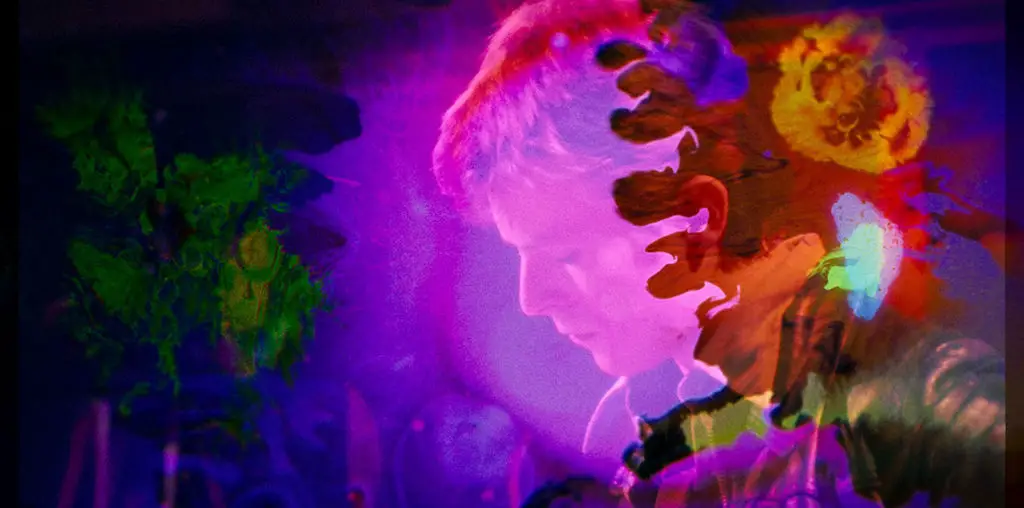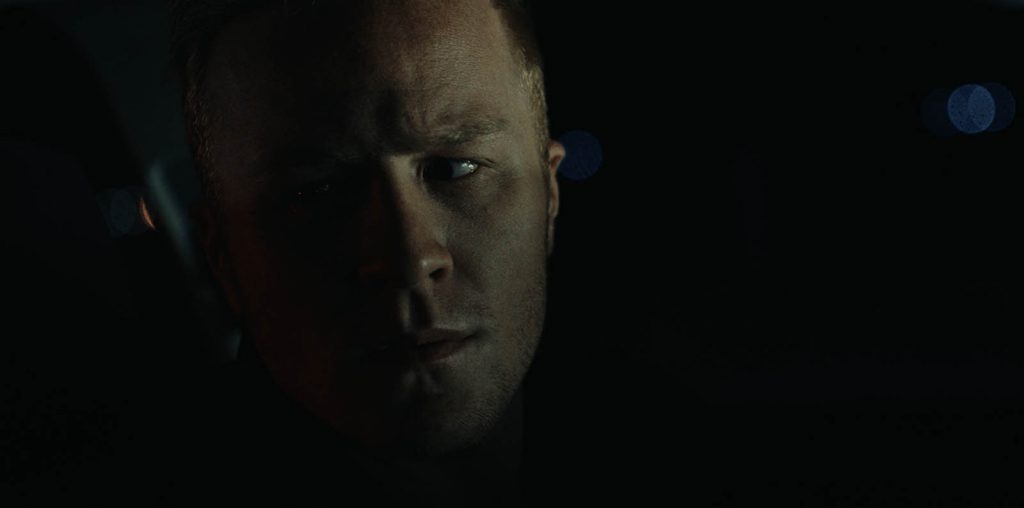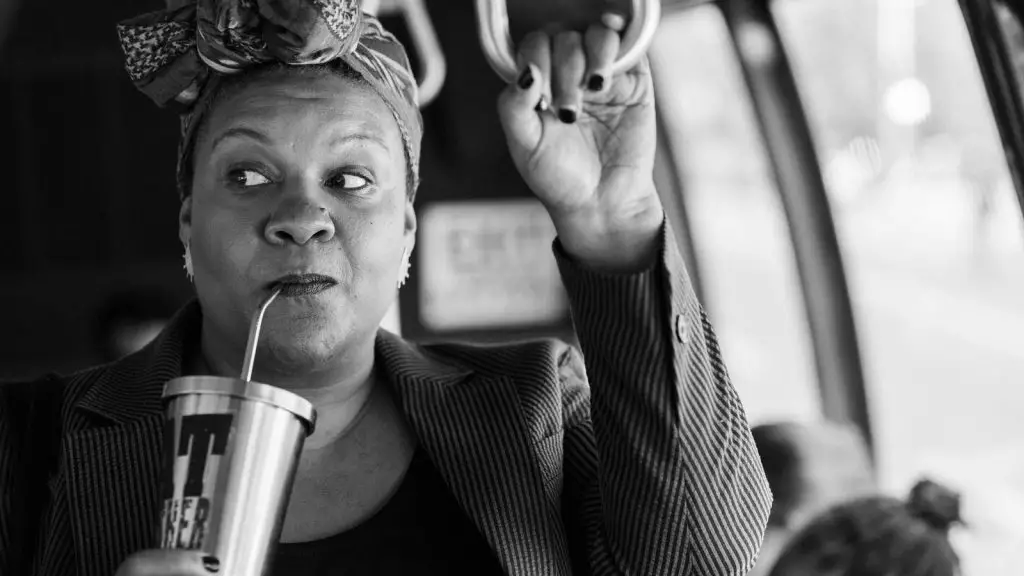
Jules de Gaultier once said, “Imagination is the one weapon in the war against reality.” And it’s an appropriate quote taken to heart by a 10 year old boy in “Hard Goodbyes: My Father,” where the young boy must cope with the unexpected death of his father. But rather than deal with reality, he copes by using his imagination, keeping his father’s image alive until a final promise can be fulfilled. Simple, tender, and truthful, the film deals with its subject matter with delicacy and attention to detail. Representing the first feature film of Penny Panayotopoulou, “Hard Goodbyes” is a quiet eulogy, a reflection on life and death, dreams and imagination, from the perspective of a young boy.
It’s May, 1969. And 10 year-old Elias dreams of man’s first lunar landing. When he wakes up, he is energized by the arrival of his father. A traveling salesman, Elias’ father struggles to maintain a normal family life in spite of his prolonged absences. And he shares a common interest with his youngest son – both are explorers at heart and have wild imaginations. Exchanging stories of Jules Verne and playing inventive games along the coast, the father promises his son that he will return home for the moon landing in a few months and that the two will watch it together on television. But an unexpected accident takes his life, leaving his wife, two sons, and brother to cope with his permanent departure.
While the mother and eldest son deal with the tragedy on their own terms, Elias struggles. Even after the funeral, he refuses to accept his father’s death. Waiting for his return, Elias lives inside his own illusions, sharing fictitious stories with his classmates, sending letters to his grandmother on his father’s behalf, and continuing to play games and dream of fascinating places like he did with his father. After many attempts to help Elias come to terms with the loss, his mother and godfather decide a visit to the summer cottage is a necessary escape. And a pleasant place to watch the moon landing. As the countdown gets closer and closer, hope for his father’s return diminishes. And Elias soon realizes he must come to terms with death on his own and find his way back to earth.
“Hard Goodbyes: My Father” represents the first feature film from Penny Panayotopoulou. Born in Athens, Penny began working as a freelance documentarian for Hellenic Television and putting together short, cultural films such as “Eldorado” and “Like Rain Like Hail.” “Hard Goodbyes” is an extension of those experiences, mixing socioeconomic and psychological content into a story about bereavement and personal loss. But what makes this story so fascinating is that it is told from a young child’s perspective – the naiveté, the stubbornness, the imagination, and the hope. It’s a highly personal film, about the resiliency of the human spirit and the importance memories have in honoring those we love.
Part of what makes the film engaging is the carefully nuanced performances Panayotopoulou gets from her actors. In particular, Giorgos Karayannis. Winner of the 2002 Locarno International Film Festival Award for Best Actor, Giorgos’ portrayal of innocence and internal suffering is complex and quite impressive. Although there are times when his words or actions seem more adult than child-like, such as his poetic letters to his grandmother, his responses to pain and disbelief and are right on. Closing his ears and counting while his parents fight, refuting and attacking classmates who ridicule him, and retreating to quiet areas and places to get away from reality. All are believable situations enhanced by his ability to react naturally and instinctively.
Additionally, this is a film that pays a lot of attention to artistic composition and mood. Sets are simple and colorful, not overly complicated or stuffy. And in much the same way as an artist would paint a still life, artistic director Lily Kendaka exposes absolute brilliancy, while complementing and directing attention toward the actors and actresses on screen. Furthermore, the film is distinctive in the music it incorporates into the story, thoughtful lamentations and lyrics like “our footpath has been overgrown with weeds” along with flight inspired songs “If You Want to be a Bird” and “We’ll Meet Again.”
Yet while the film exercises an extraordinary amount of artistic composure, the pacing is overtly slow and uneventful. Do we care enough about the characters to follow them through on their journey? Is there enough conflict to make that journey worthwhile? And will the resolution be clearly distinguishable? On all accounts, I would probably ride the fence. We care about Elias because his plight is center stage, but we don’t know enough about the motivations and intentions of the mother, the godfather, and Elias’ brother to make any concrete conclusions. For instance, is Elias’ brother Ari resentful of all the attention his father gives him? How has the mother changed as a result of the loss? It’s unclear. And the resolution, while honest and optimistic, is not fulfilling or rewarding as one would like. Instead, it’s plain and blasé.
“Hard Goodbyes: My Father” is a solemn coming-of-age story about loss from a child’s perspective. With soft heartedness and beautiful imagery, the film aptly captures the feeling of disbelief and aversion that hits children in a time of loss. And it’s wonderfully compassionate in the way it captures childhood optimism too. Although there are times when it feels like it’s plodding along, it does so with methodical purpose. Hypnotically soothing, the film represents a consolation to those who have lost a loved one. Said Robert Frost: “In three words I can sum up everything I’ve learned about life: It goes on.”


